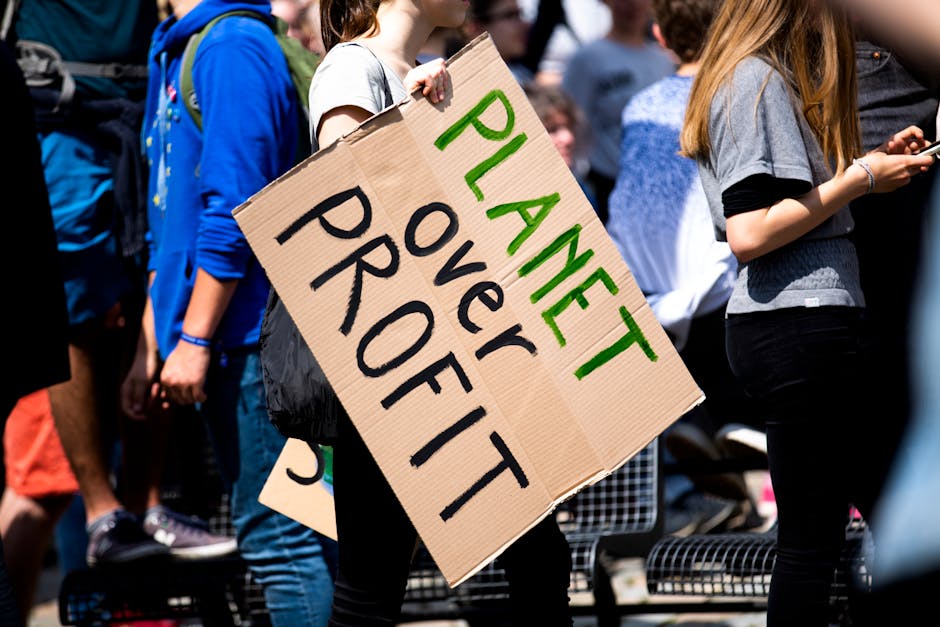Global warming, a phenomenon caused by the increased presence of greenhouse gases in the Earth's atmosphere, poses a significant threat to our planet. This rise in greenhouse gas emissions, primarily resulting from human activities, has led to an alarming increase in global temperatures, with devastating consequences for our environment, human societies, and future generations.
Human activities, particularly the burning of fossil fuels and deforestation, have significantly contributed to the release of carbon dioxide and other greenhouse gases into the atmosphere. These gases trap heat, preventing its escape and leading to an overall increase in global temperatures. This phenomenon, known as the greenhouse effect, has been intensifying at an alarming rate, resulting in widespread changes to the Earth's climate system.
The impacts of global warming are far-reaching and include rising sea levels, increased frequency and intensity of extreme weather events, such as hurricanes, droughts, and heat waves. These changes have profound implications for coastal communities, agriculture, water resources, and human health. Rising sea levels threaten to submerge low-lying areas, while increasingly frequent and severe weather events can cause widespread destruction of infrastructure, property, and lives.
Moreover, global warming disrupts ecosystems and biodiversity. Many species are struggling to adapt to the rapidly changing climate, facing habitat loss, food shortages, and increased vulnerability to disease. The delicate balance of ecosystems is being threatened, with potentially irreversible consequences for the planet's biodiversity and ecological resilience.
The consequences of global warming extend beyond environmental impacts. It poses significant economic and social challenges. Coastal communities face the costly burden of protecting against rising sea levels and mitigating the impacts of extreme weather events. Agriculture is severely affected by changing weather patterns, leading to reduced crop yields and food insecurity. Furthermore, global warming can exacerbate poverty and inequality, as marginalized communities often bear the brunt of climate change impacts.
Addressing global warming requires urgent and collective action. Transitioning to renewable energy sources, such as solar and wind power, is crucial to reduce our reliance on fossil fuels and curb greenhouse gas emissions. Additionally, promoting energy efficiency measures, implementing sustainable forestry practices, and investing in climate change adaptation strategies can help mitigate the impacts of global warming.
Ultimately, combating global warming requires international cooperation and collaboration. Governments, industries, and individuals must work together to find innovative solutions and implement effective measures to reduce greenhouse gas emissions and adapt to the changing climate. Failure to act decisively will have dire consequences for the planet and future generations.

